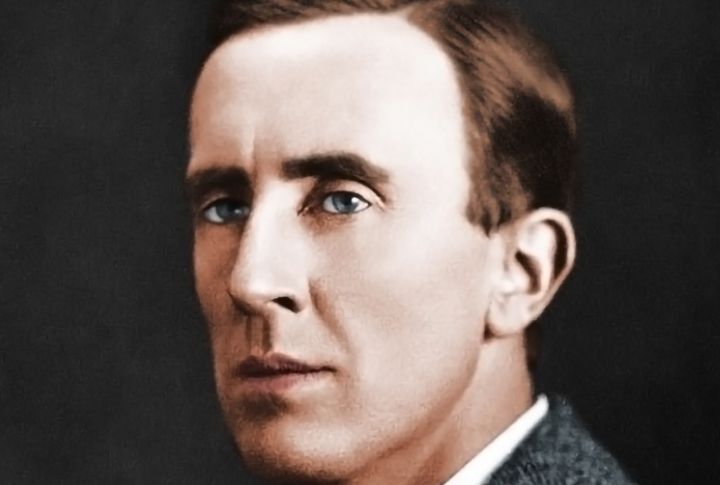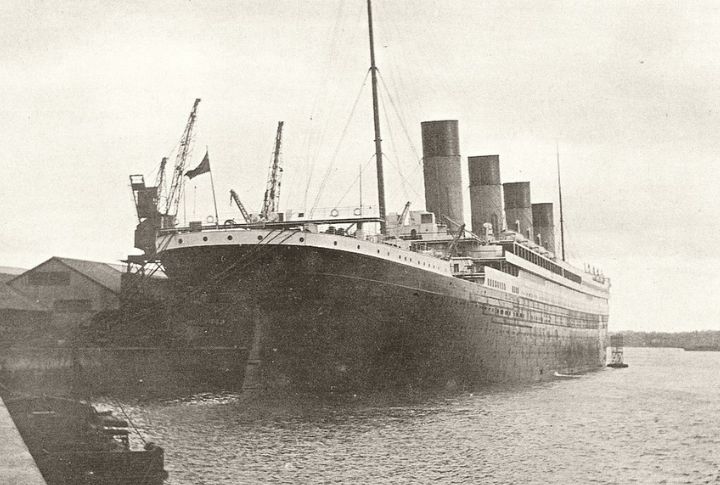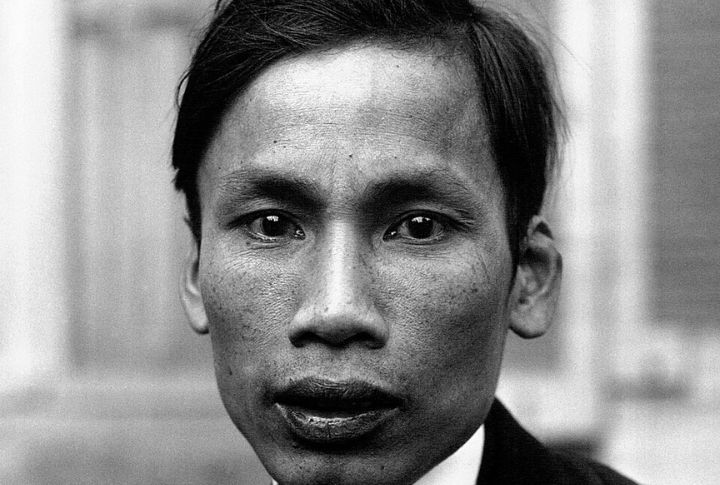
Not every world-changing moment comes with fanfare. Sometimes, the most powerful shifts begin in silence when you may not be noticing. What feels ordinary in the moment can spiral into something extraordinary with consequences no one imagined. As you read on, you’ll discover how history’s biggest twists often started with the smallest steps.
The Wrong Turn That Started World War I

In 1914, Archduke Franz Ferdinand’s car took a wrong turn in Sarajevo, placing him beside Gavrilo Princip. The assassin fired, killing the heir to Austria-Hungary’s throne. Blaming Serbia, Austria-Hungary declared war, which ignited a chain of alliances that spiraled into World War I.
Moldy Petri Dish That Revolutionized Medicine

A stray mold spore in Alexander Fleming’s lab sparked a medical revolution. In 1928, he noticed bacteria dying around the mold in a petri dish and chose to investigate. As a result, penicillin became the world’s first true antibiotic. By World War II, it was saving countless lives.
A Car Breakdown That Sparked The Montgomery Bus Boycott

Jo Ann Robinson was harshly berated on a bus for sitting in the “whites only” section, which fueled her fight against segregation in 1949. When Rosa Parks was arrested in 1955, Robinson helped print 50,000 flyers overnight, launching a boycott that reshaped civil rights history.
Burrs Sparked The Birth Of Velcro

In 1941, Swiss engineer George de Mestral saw burrs stuck to his dog’s fur after a hike. Curious, he examined them under a microscope and discovered tiny hooks. Fascinated by their grip, he spent years replicating the design—eventually inventing the now-famous fastening system: Velcro.
The Soviet Who Saved The World

Amid the Cuban Missile Crisis in 1962, Vasili Arkhipov chose not to authorize a nuclear strike from a Soviet submarine. His decision prevented escalation between the U.S. and the USSR. Research from the National Security Archive indicates that experts believe his refusal stopped World War III.
Chernobyl’s Unsung Heroes

In the aftermath of the 1986 Chernobyl disaster, three volunteer workers descended into a flooded chamber beneath Reactor 4 to drain radioactive water. Without their intervention, a second explosion could have worsened an already devastating crisis. Their bravery likely prevented further catastrophe.
Cloud Cover Over Kokura And The Explosion Of Nagasaki

Thick cloud cover over Kokura forced the U.S. bomber to divert to its secondary target, Nagasaki. The atomic bomb was dropped there on August 9, 1945. Japan surrendered within days, ending World War II. In the aftermath, postwar treaties redrew borders, most notably dividing Korea along the 38th parallel.
A Scribble That Shaped Fantasy

While grading exams in the late 1920s, J.R.R. Tolkien jotted down a curious line on a blank student paper: “In a hole in the ground there lived a hobbit.” That idle scribble became “The Hobbit,” which led to “The Lord of the Rings,” which laid the foundations of modern fantasy literature and film.
A Lost Speech Sparked Civil Rights Change

Martin Luther King Jr. ad-libbed the most famous part of his “I Have a Dream” speech in 1963. Mahalia Jackson urged him mid-speech to speak about the dream. He left his notes and spoke freely. That unscripted section became the defining voice of the civil rights movement.
A Misread Memo That Brought Down The Berlin Wall

During a live press briefing, Gunter Schabowski mistakenly announced that East Germans could cross into the West “immediately.” On November 9, 1989, crowds swarmed checkpoints. Caught off guard, border guards opened the Berlin Wall peacefully. The Cold War effectively ended that night. Germany reunified eleven months later, on October 3, 1990.
Titanic’s Ignored Warnings

In 1912, the Titanic ignored multiple iceberg alerts during its transatlantic voyage. The ship struck ice and sank; more than 1,500 passengers and crew lost their lives. The tragedy sparked global outrage. Later, maritime reform and a round-the-clock radio watch became mandatory, changing how passenger safety was handled at sea.
The Missed Meeting That Birthed Pixar

In the 1980s, George Lucas declined to invest further in his graphics division due to financial troubles. Steve Jobs stepped in, bought it for $5 million, and renamed it Pixar. That overlooked unit became the force behind “Toy Story” and reshaped the future of animation and digital storytelling forever.
The Coincidence That Created Google

When Sergey Brin and Larry Page met at Stanford in 1995, they had no idea they were building the future. That chance encounter led to Google, now processing over 8.5 billion daily searches. One spontaneous meeting became the cornerstone of how billions access knowledge in the digital age.
Rachel Carson’s “Silent Spring” And The Environmental Revolution

Published in 1962, Rachel Carson’s “Silent Spring” exposed the dangers of pesticides like DDT. The book ignited public concern, influenced policy, and led to the creation of the Environmental Protection Agency. Its impact reshaped global environmental laws and positioned Carson as a catalyst for modern environmentalism.
A Reddit Post Shook Wall Street

Experts from Reuters say that “Roaring Kitty” sparked a GameStop rally on Reddit’s WallStreetBets in 2021. The stock jumped 1700% in a few days. Hedge funds were hit hard, losing billions. Regulatory agencies intervened as the frenzy grew. The story made global headlines and later became a Netflix film called “Dumb Money.”
A Coffee Break That Created The Microwave

In 1945, engineer Percy Spencer noticed a chocolate bar melted in his pocket while working near a magnetron, the tech used in radar systems. Intrigued, he experimented by popping corn and cooking an egg. That accidental coffee-break moment birthed the microwave oven.
A Missed Call Sparked A Billion-Dollar App

After being rejected by Facebook in 2009, Brian Acton co-founded WhatsApp—a move that rewrote tech history. The app soared in popularity and was later acquired by Facebook for $19 billion. Today, WhatsApp serves 3 billion users worldwide, according to Statista.
The Accidental Rise Of TikTok

The merger of TikTok and Musical.ly in 2018 set the stage for a viral phenomenon. Lockdown-era users propelled its short-clip algorithm to global dominance. Today, with more than 1 billion users, TikTok shapes cultural trends and political debates. Its influence has sparked fresh concerns about regulation and digital sovereignty worldwide.
An Art School Rejection That Changed History

After being rejected twice by the Vienna Academy of Fine Arts, Adolf Hitler continued selling his artwork but gradually developed a growing interest in politics. This interest deepened following World War I, eventually leading him to join the early Nazi Party and begin his path toward political power.
A Rejected Letter That Sparked The Vietnam War

In 1919, a young Ho Chi Minh wrote a letter to U.S. President Woodrow Wilson, requesting support for Vietnamese independence from French colonial rule. The letter was ignored. Feeling betrayed, Ho Chi Minh turned to Marxism and later led the communist North in the Vietnam War. That unanswered plea helped fuel one of the most devastating conflicts of the 20th century.

